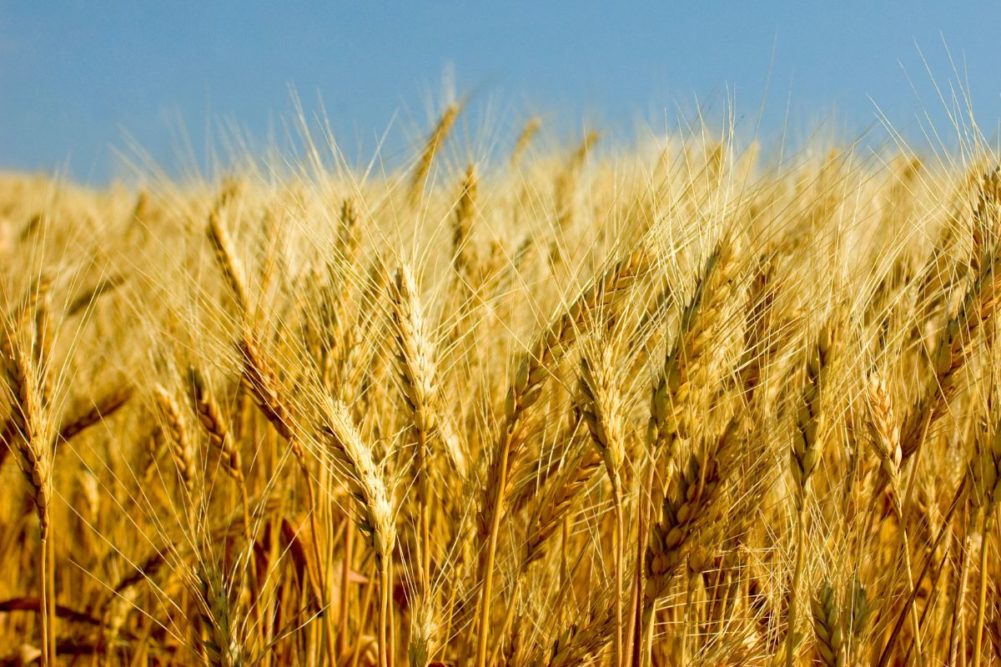CANBERRA, AUSTRALIA — Australia announced on April 11 that it has taken steps to attempt to reopen the Chinese market to Australian barley, which essentially has been banned by China during the past three years after its government imposed an 80% import tariff in 2020.
According to multiple media reports, the Australian government recently reached an agreement with China that Australian Foreign Minister Penny Wong said, “creates a pathway for resolution of the dispute over Australian barley.” She said China had agreed to review its duties on the grain over three or four months, and Australia will temporarily suspend its World Trade Organization dispute over the matter during that review period.
The dispute began in May 2020 when Australia called for an independent investigation into the origins of and the Chinese government’s response to the COVID-19 pandemic, which originated in Wuhan, China, in late 2019 and spread worldwide, causing millions of deaths and wrecking the global economy.
The import tariff essentially cut off the market of what had been Australia’s biggest barley customer. In the years leading up to the dispute, China had purchased more than $1 billion of barley per year from Australia.
Grains Australia said it welcomed the Australian government’s efforts to re-establish barley trade with China.
“Grains Australia applauds the efforts of industry organizations and government stakeholders to progress access to this premium-paying market for Australian barley growers,” said Richard Simonaitis, chief executive officer of Grains Australia. “This development is a win for consumers and customers in China, as well as for our Australian growers. The Australian grains industry has invested in maintaining relationships with customers in the China market, and we look forward to barley trade re-commencing over the coming months.”
Pat O’Shannassy, CEO of Grain Trade Australia, said the announcement was an important step forward in seeking resolution of this issue and congratulated both the Australian and Chinese governments for their work to reach the agreement.
“China was historically a very important export market for barley from Australia over many decades, with very strong customer relationships and considerable cooperation between industry partners in plant breeding and technical support to meet China’s needs,” O’Shannassy said. “Our barley exports to China peaked at 6.3 million tonnes in 2016-17 before falling to negligible levels once the duties were imposed in 2020, so we very much hope this process over the next few months will enable our trade relationships to see exports resume.”
Since imposing the tariff, China has turned to Canada, France and Argentina for most of its barley imports.






